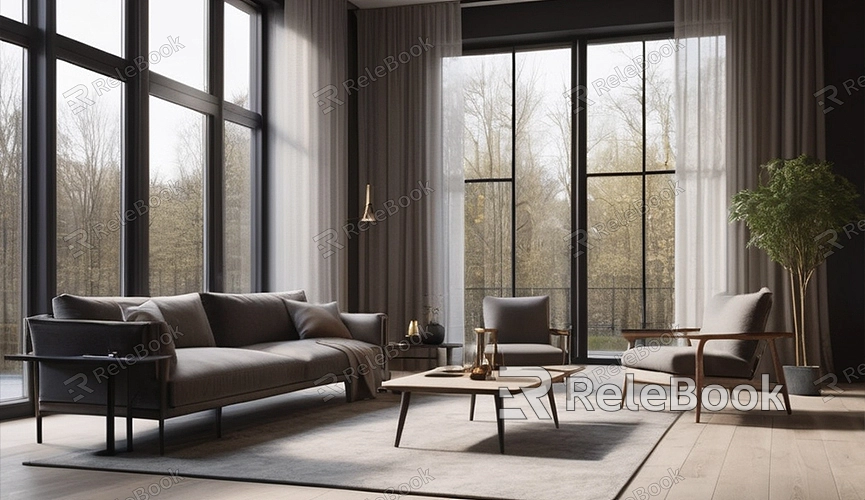How to Make 3D Models in Procreate
If you're a Procreate user and interested in trying your hand at making 3D models, you might be wondering: How do you make 3D models in Procreate? In this article, we'll explore some simple methods for creating basic 3D models and rendering them in Procreate.
Methods for Making 3D Models in Procreate:
1. Utilize Basic Shapes
While Procreate is primarily a 2D drawing app, you can still use its powerful drawing tools to create basic 3D models. You can use tools like ellipse, rectangle, rounded rectangle, etc., to draw simple shapes like cubes, cylinders, etc. Then, use layer stacking and transformation tools to combine and adjust them to create more complex 3D models.

2. Use Projection Drawing
Procreate offers a feature called "Projection Drawing" that can help you achieve a 3D effect while drawing. You can use projection drawing to draw objects with a sense of depth, such as cubes, spheres, etc. By adjusting perspective, tilt, and rotation during drawing, you can simulate perspective effects in 3D space, creating more realistic 3D models.
3. Employ Layered Drawing
In Procreate, you can use multi-layer drawing techniques to create complex 3D models. You can draw each object on different layers and use properties like opacity, blending modes, etc., to create a three-dimensional effect. By layering and adjusting each layer, you can gradually build up a complete 3D scene or object.
4. Utilize Textures and Patterns
In addition to drawing basic shapes, you can also use Procreate's rich textures and patterns to enhance your 3D models. Procreate provides a variety of brushes and textures that you can use to add details and texture effects to your models. Additionally, you can import external texture images and use layer blending modes and adjustment tools to adjust properties like color, opacity, etc., to achieve more realistic effects.
5. Techniques for Creating 3D Effects
When creating 3D models, you can try some techniques to enhance the effects. For example, use shadows and lighting effects to enhance the sense of depth, use perspective and depth of field effects to simulate the distance of objects, and use color and material variations to depict the characteristics and textures of different objects, etc.
6. Rendering and Exporting
After finishing your drawing, you can render the model in Procreate and adjust properties like lighting, shadows, materials, etc., for better effects. Once rendering is complete, you can export the model as common image formats (such as PNG, JPEG, etc.), or use Procreate's animation feature to export it as a video file.
While Procreate isn't specifically designed for creating 3D models, you can still use its powerful drawing tools and creative features to create simple 3D effects. If you need high-quality 3D textures, HDRI, or 3D model downloads for creating models and virtual scenes, you can download them from Relebook and directly import textures and 3D models into your project.

